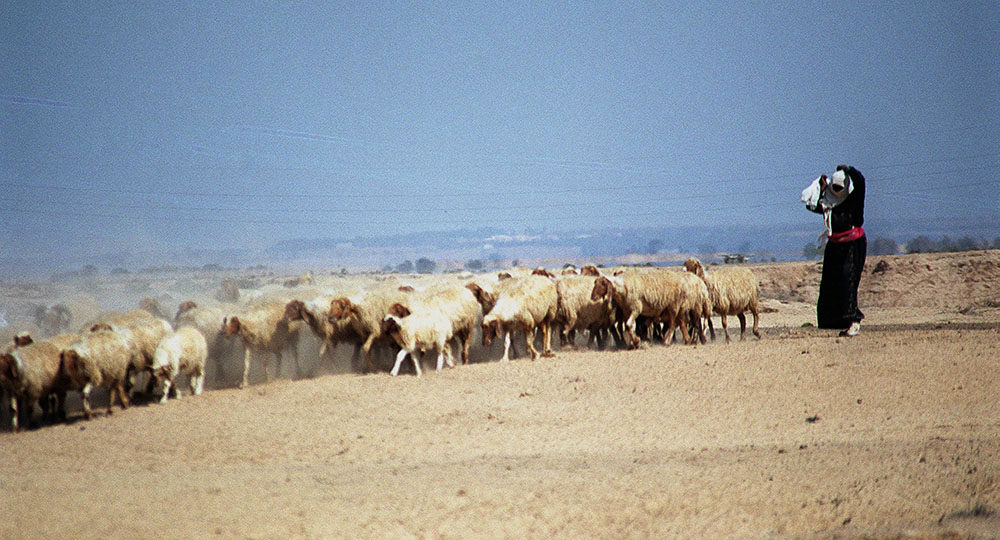For Unto You
Now there were in the same country shepherds living out in the fields, keeping watch over their flock by night (Lk. 2:8).
In Jesus’ day, herdsmen were held in low esteem. Their honesty and integrity were often questioned, and apparently they could not always observe the rituals or keep the ceremonial laws. Because of these and other charges, people generally despised them.
But God does not care about the views of the world. Nor is He impressed with one’s status in society. And He chose to reveal the greatest event ever—the birth of Israel’s Messiah—to shepherds first.
God looks on the heart. Shepherds care for their flocks and willingly protect them with their lives (1 Sam. 17:34–35). This mark of high character is often overlooked.
Jesus, in fact, identified with shepherds. He is called the Good Shepherd because He gave His life for every-one (Jn. 10:11). He is called the Chief Shepherd because He oversees other ministering shepherds (1 Pet. 5:4). And He is the Great Shepherd because, through His sacrifice and shed blood, we are saved (Heb. 13:20). So it was only fitting and proper that shepherds would be the first to hear the Good News:
For there is born to you this day in the city of David a Savior, who is Christ the Lord (Lk. 2:11).
As part of their Jewish heritage, these shepherds, marginalized in society, knew the promise of a coming Messiah. It may have been a favorite subject of contemplation during many long and lonely hours watching the flocks. That evening in Bethlehem, their expectations were realized. The promised Savior had come.
It has been suggested that the flocks of these shepherds were destined for sacrifice at the Temple in Jerusalem. At that time it was the blood of animals that provided temporary atonement for sin. Little did they know that, with the angels’ announcement, a full and permanent redemption was now at hand.
The angels proclaimed the Good News and left: “So it was, when the angels had gone away from them into heaven, that the shepherds said to one another, ‘Let us now go to Bethlehem and see this thing that has come to pass, which the Lord has made known to us’” (v. 15).
There was no expressed command to go. Yet the shepherds spontaneously set out for the stable where the baby Jesus lay. It was a response of faith.
Jesus’ birth was not announced to the religious, political, or military leaders. It was announced to ordinary people. The Good News is for everyone. As the angel declared, “Do not be afraid, for behold, I bring you good tidings of great joy which will be to all people” (v. 10).
And they [shepherds] came with haste and found Mary and Joseph, and the Babe lying in a manger. Now when they had seen Him, they made widely known the saying which was told them concerning this Child. And all those who heard it marveled at those things which were told them by the shepherds (vv. 16–18).
After seeing the Christ, they returned, “glorifying and praising God for all the things that they had heard and seen, as it was told them” (v. 20). And these simple, ordinary men returned to their flocks, probably transformed forever by the experience God chose to give them.







